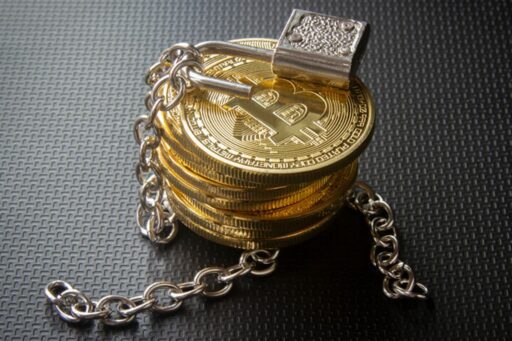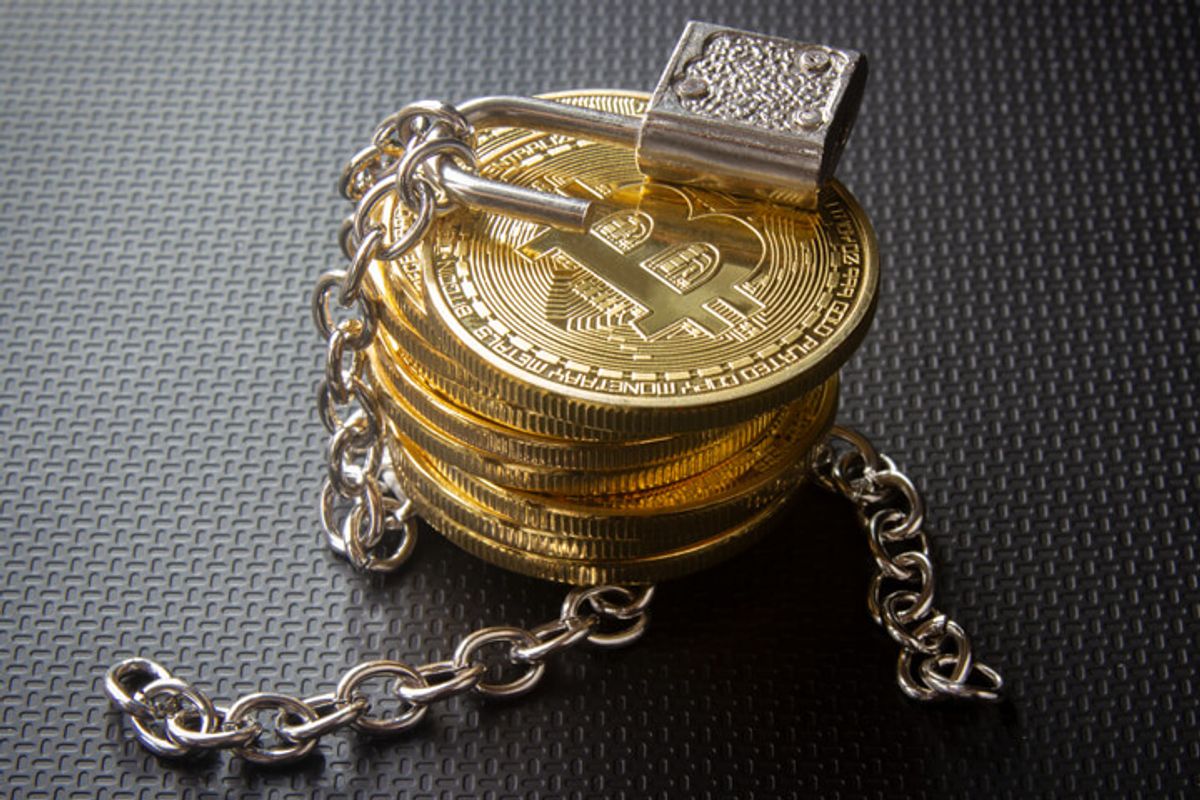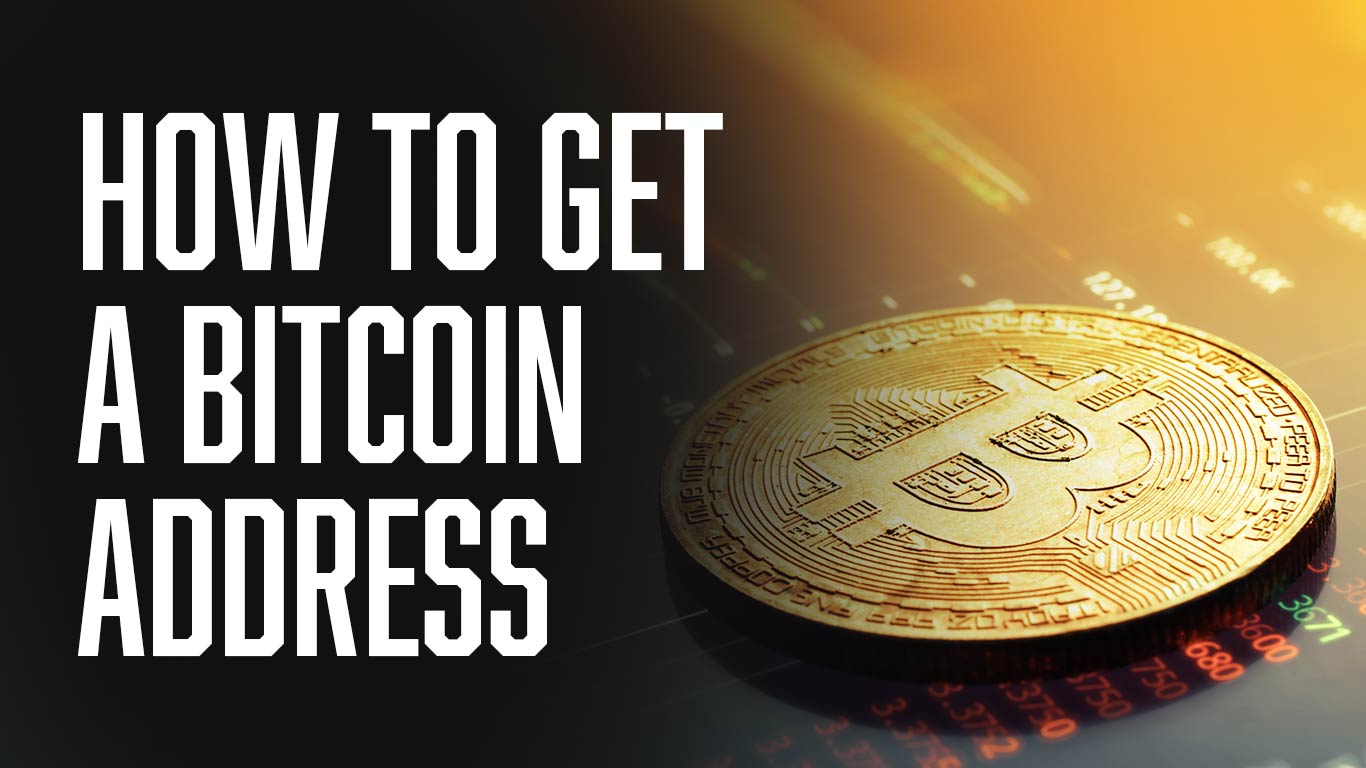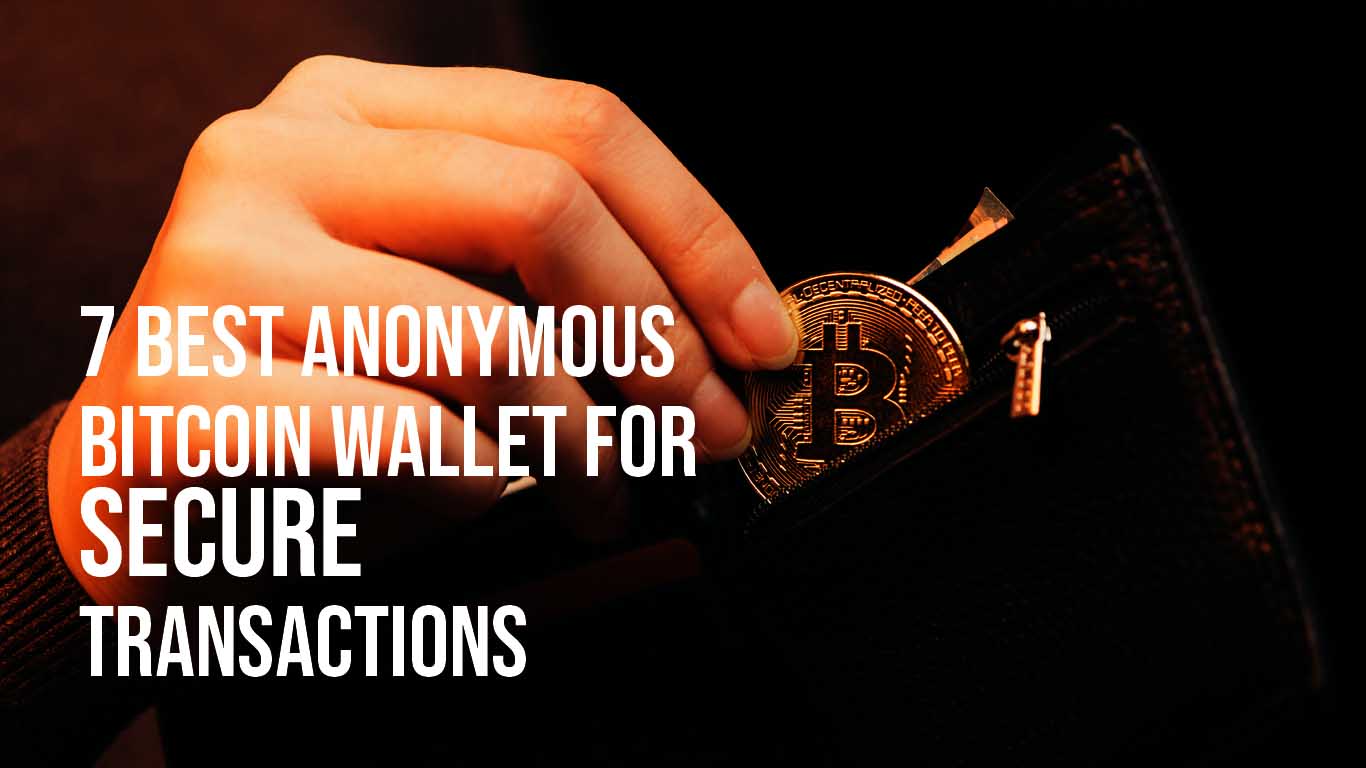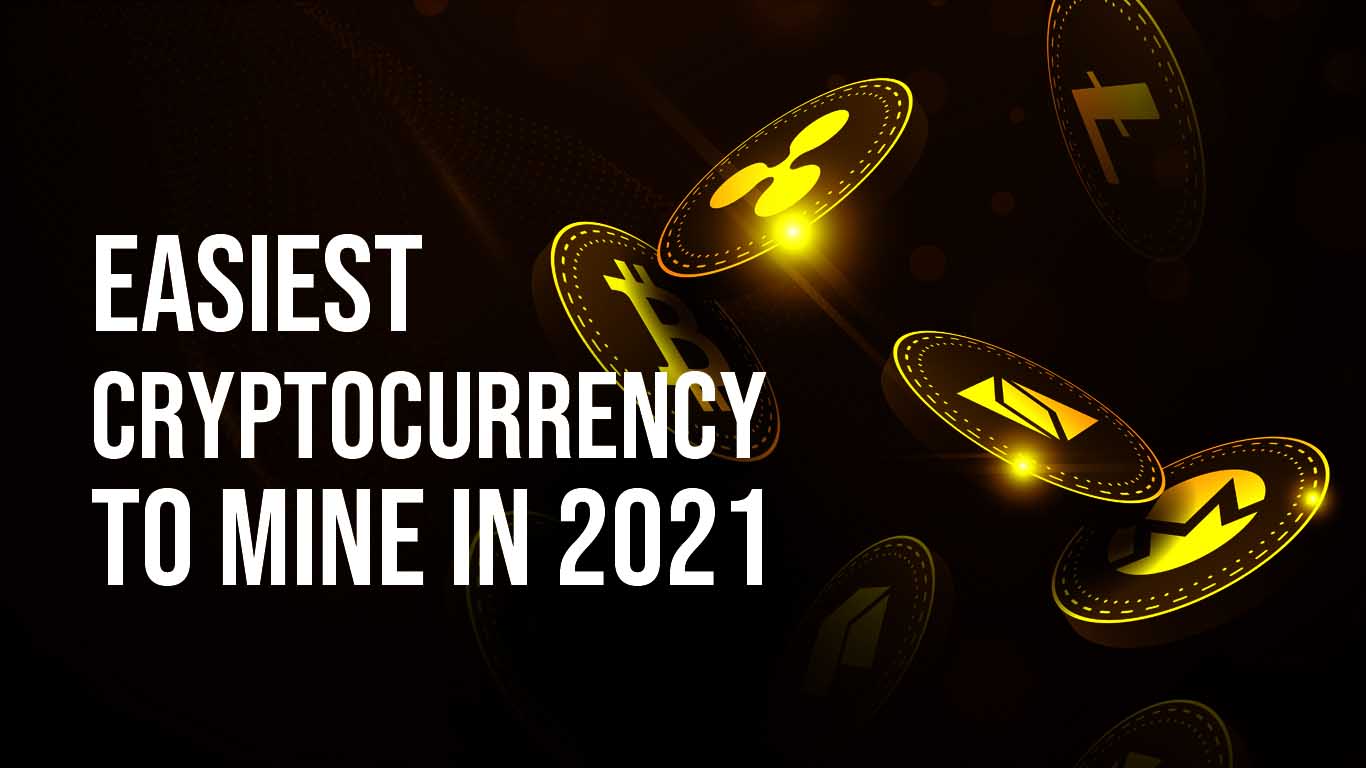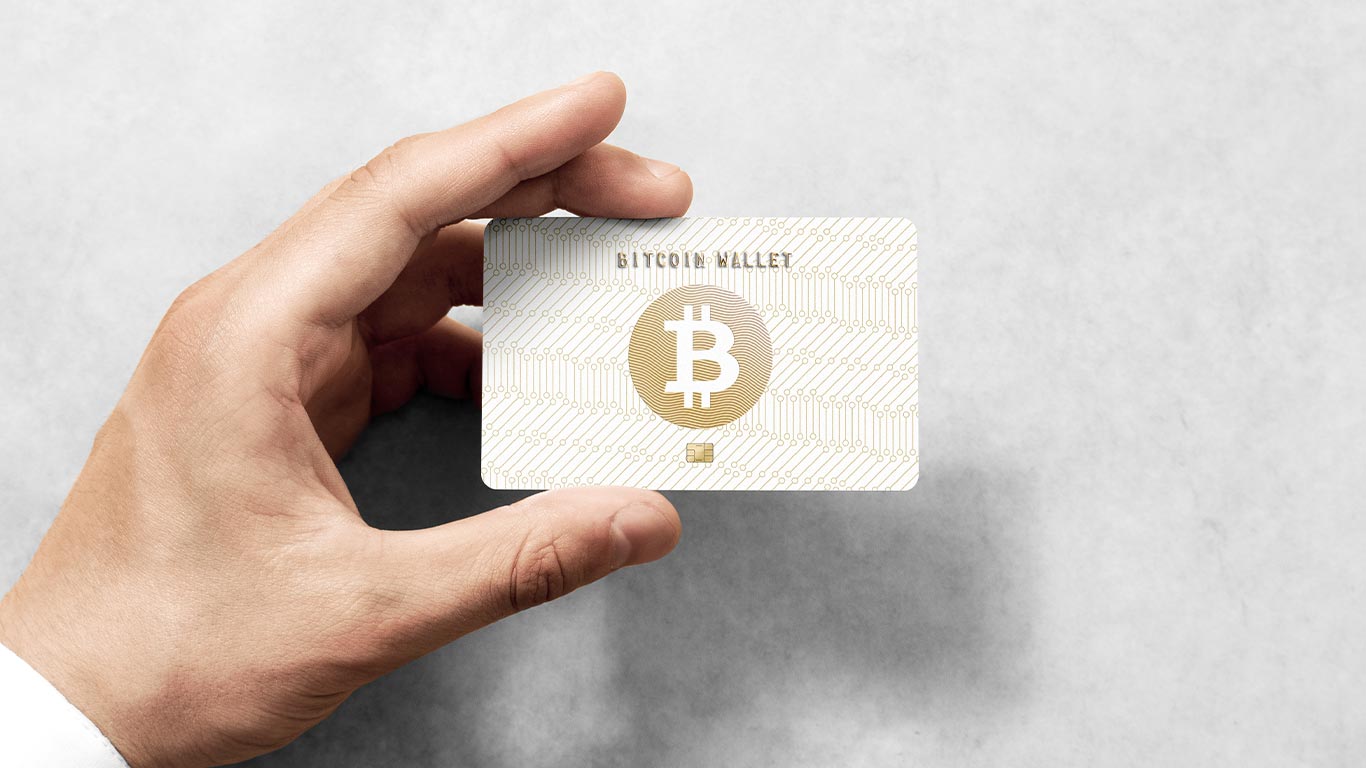In the evolving landscape of digital finance, securing digital currency has become paramount. This article delves into the best practices for using a trust crypto wallet, ensuring that your digital assets remain safe from the myriad of cyber threats that loom in the virtual world. From understanding the importance of wallet security to proactive measures for safeguarding your investments, we cover the essential strategies for protecting your cryptocurrencies.
Key Takeaways
- Regularly perform security audits and updates to strengthen wallet defenses against cyber threats.
- Use reputable exchanges for purchasing and storing cryptocurrencies, and consider hardware wallets for added security.
- Implement comprehensive security measures beyond storage, such as strong passwords and avoiding public Wi-Fi for transactions.
- Stay informed about the latest security best practices and verify all transactions and investments in the crypto space.
- Employ two-factor authentication and maintain privacy to prevent unauthorized access and exposure of your crypto holdings.
Understanding the Importance of Crypto Wallet Security


The Role of Exchanges in Crypto Security
Cryptocurrency exchanges are not just marketplaces for buying and selling digital assets; they are also guardians of user funds and personal data. Reputable exchanges offer a level of security and credibility necessary in the volatile crypto market, which is why selecting the right exchange is a critical first step in safeguarding your investments.
Exchanges are particularly susceptible to cyberattacks, as they are central points where cryptocurrency transactions occur. The large sums of digital currencies they hold make them attractive targets for hackers. It is essential to use exchanges that prioritize security and are proactive in implementing measures to protect against these threats.
Embracing best practices for securing your crypto assets involves regular security audits, diversifying holdings, and staying updated on the latest security protocols.
Conducting due diligence is part of using exchanges safely. This includes researching the team behind a project, understanding its whitepaper, and assessing its potential for long-term success. By doing so, you can ensure that you are engaging with projects that are secure and have a credible foundation.
Regular Security Audits and Updates
Ensuring the security of your crypto wallet is an ongoing process that requires diligence and proactive measures. Regular security audits are essential to uncover potential vulnerabilities that could be exploited by attackers. These audits should be conducted by professionals who can provide a comprehensive assessment of your wallet’s security posture.
- Conduct vulnerability assessments
- Review access controls
- Analyze transaction patterns for anomalies
In addition to audits, it is crucial to keep your wallet software up to date. Developers frequently release updates that address new security threats and improve functionality. Failing to install these updates promptly can leave your wallet exposed to known vulnerabilities.
By maintaining the latest version of your wallet software, you are taking a significant step towards safeguarding your digital assets against the latest security threats.
Continuous monitoring and adaptation to the evolving landscape of security threats are also vital. Engaging with the crypto community and staying informed about the latest security developments can provide valuable insights and enhance your wallet’s defenses.
Diversification of Crypto Holdings
Diversifying your cryptocurrency portfolio is a strategic approach to managing risk. Diversification in cryptocurrency trading is crucial for risk management. By spreading investments across various digital assets, you can reduce the impact of volatility on your overall holdings. This practice is not just about choosing different cryptocurrencies, but also considering the inclusion of tokenized assets and stablecoins.
On-chain security measures are essential to safeguard digital assets in the volatile market. It’s important to combine diversification with robust security protocols to protect your investments from the array of threats that exist in the crypto space, such as phishing attempts, scams, and fraudulent websites.
Here are some key points to consider when diversifying your crypto holdings:
- Invest in a mix of major cryptocurrencies and altcoins.
- Include tokenized assets to spread risk further.
- Stay informed about evolving security practices to complement your diversification strategy.
- Adhere to regulatory compliance and tax requirements in your jurisdiction.
Secure Acquisition and Storage of Cryptocurrency


Safe Purchasing Practices
When engaging in the purchase of digital currencies, it is crucial to ensure that the process is as secure as possible. Always use reputable exchanges that have a proven track record of security and customer service. Before making any transaction, conduct thorough research on the project or currency you are investing in to avoid scams and fraudulent schemes.
- Verify the security features of the exchange, such as SSL certificates and two-factor authentication.
- Check for user reviews and any history of security breaches or issues.
- Ensure that the exchange complies with local regulations and has proper security protocols in place.
Vigilance in verifying transaction details is essential. Always double-check addresses and transaction amounts before confirming a transfer to prevent falling victim to man-in-the-middle attacks or other forms of cyber theft.
Remember, the safety of your digital assets begins with the precautions you take during the initial purchase. By following these guidelines, you can significantly reduce the risk of compromising your cryptocurrency investments.
Choosing Reputable Exchanges
Selecting a reputable exchange is crucial for the security and reliability of your cryptocurrency transactions. These platforms are the gatekeepers to your digital assets, and their robust security measures are your first line of defense against potential threats. When choosing an exchange, consider the following points:
- Regulatory Compliance: Ensure the exchange adheres to the regulations and compliance requirements in your jurisdiction. This includes AML and KYC procedures, which are critical for investor protection.
- Security Features: Look for exchanges that offer strong security features such as two-factor authentication, encryption, and insurance against theft or hacking.
- Track Record: Opt for platforms with a proven track record of security and reliability. Research their history for any past security breaches or issues.
Conducting thorough research on the exchange’s team, whitepaper, and long-term potential is essential. This due diligence is a proactive step towards safeguarding your investments.
Remember, the selection of a reputable exchange, combined with secure communication channels, significantly reduces the risks associated with digital currency transactions. Always verify transaction details and maintain a cautious approach to mitigate the risks of unsecured networks and malicious actors.
Hardware Wallets and Cold Storage Solutions
When it comes to securing your digital currency, hardware wallets and cold storage solutions are essential tools for maintaining the integrity of your assets. These devices offer a robust layer of security by storing your private keys offline, thus shielding them from online threats. Regular firmware and software updates for your hardware wallet can further fortify your defenses against new vulnerabilities.
- Utilize Cold Storage Wallets: For long-term storage, cold storage wallets are recommended due to their offline nature and resistance to cyberattacks.
- Opt for Reputable Brands: Choose hardware wallets with a proven track record for security, such as the BC Vault.
- Regular Updates: Keep your hardware wallet’s firmware and software up to date to protect against emerging threats.
By transferring your cryptocurrencies to a hardware wallet, you ensure that your private keys are kept securely offline, away from the prying eyes of internet hackers.
Educating yourself against social engineering threats is also crucial. Attackers often use deceptive tactics to trick individuals into revealing sensitive information. Awareness and vigilance are your best defenses in such scenarios.
Best Practices for Securing Bitcoin and Other Cryptocurrencies


Beyond Storage: Comprehensive Security Measures
Securing your digital currency involves more than just choosing the right storage solutions. Implementing multi-factor authentication is a key step in ensuring that your assets remain protected against unauthorized access. This adds a crucial layer of defense that can deter potential intruders.
- Use strong, unique passwords for each service.
- Regularly update software to patch vulnerabilities.
- Educate yourself on the latest security threats and how to avoid them.
Maintain data sovereignty and enhance wallet security to protect digital assets from cyber threats. Choose wallets with robust security features and stay informed on best practices.
Remember, the goal is to create a security environment that is robust yet manageable. Overcomplicating your security measures can be just as detrimental as neglecting them. Strive for a balance that suits your technical comfort level and the value of your holdings.
Protecting Against Unauthorized Access
Ensuring the security of your digital currency involves a multi-layered approach, with a strong emphasis on preventing unauthorized access to your crypto wallet. The foundation of wallet security lies in the creation of strong, unique passwords and the utilization of Two-Factor Authentication (2FA). These measures are essential deterrents against unauthorized access attempts.
Vigilance in verifying transaction details is crucial. It acts as a preventive measure against man-in-the-middle attacks, ensuring that your intended transactions proceed untampered.
In addition to passwords and 2FA, secure backup and recovery processes are vital. They provide a safety net in the event of device loss or failure. Remember, the responsibility of securing your private keys and wallet credentials rests solely with you. Here are some best practices to follow:
- Use a password manager to generate and store complex passwords.
- Enable 2FA on all accounts related to your cryptocurrency transactions.
- Regularly update your wallet software to the latest security patches.
- Perform routine security audits of your wallet and associated accounts.
The Trust Wallet Extension: Security Tips
The Trust Wallet extension is renowned for its robust security features, which include biometric authentication, open-source technology, and non-custodial access. Ensuring the safety of your digital assets requires a proactive approach to security. Here are some best practices to secure your Trust Wallet extension:
- Never share your Private keys or Secret Phrases. Keep them confidential to prevent unauthorized access.
- Use PIN and password security features as an additional layer of protection against physical theft or loss.
- Always download the Trust Wallet extension from the official website to avoid counterfeit versions.
- Store your Secret Phrase offline, such as writing it down on paper, to safeguard against online vulnerabilities.
Remember, the security of your Trust Wallet extension is paramount. Regularly update your security settings and stay vigilant against potential threats to maintain the integrity of your digital currency.
Maintaining Vigilance in Cryptocurrency Investments


The Mantra of Trust but Verify
Adopting the mantra of trust but verify is essential in the realm of cryptocurrency investments. This approach is not just about being cautious; it’s about being smart and proactive in protecting your digital assets. Vigilance is key when exploring new opportunities within the blockchain space, and utilizing hardware wallets or offline storage solutions can significantly reduce the risk of cyber theft and hacking.
By staying updated on industry best practices and following trusted sources, you can ensure the security of your investments. Always verify transaction details to prevent man-in-the-middle attacks and ensure that your intended transactions proceed untampered.
Remember, trust in the decentralized ecosystem is built on the confidence in cryptocurrencies and blockchain technology. It requires ongoing efforts to promote transparency and security. Keep your assets divided between cold storage and hot wallets to balance accessibility with security.
Staying Informed on Security Best Practices
In the ever-evolving landscape of digital currency, staying abreast of the latest security best practices is essential. Continuous learning and adaptation are the cornerstones of safeguarding your assets. Engaging with the cryptocurrency community and leveraging collective knowledge can provide invaluable insights into emerging threats and defensive strategies.
Awareness and education are powerful defenses against social engineering threats. By understanding the tactics used in phishing and scamming attempts, you can better protect yourself from these insidious attacks.
Regular updates and security audits are not just recommended; they are a necessity in the crypto world. These proactive measures help to identify and rectify vulnerabilities, ensuring your wallet’s defenses remain robust against potential exploits. Below is a list of steps to keep your security knowledge up-to-date:
- Subscribe to reputable crypto security newsletters.
- Participate in online forums and discussions.
- Attend webinars and workshops on crypto security.
- Follow thought leaders and experts on social media.
- Review and implement guidance from official security bulletins.
Utilizing Hardware Wallets for Enhanced Safety
Hardware wallets offer a robust solution for those looking to securely store and manage cryptocurrency. These physical devices provide a critical layer of security by keeping private keys offline, away from the reach of online hackers. It’s important to choose a wallet from reputable manufacturers like Ledger or Trezor, which are known for their reliability and regular security updates.
Regular backups and education on scam tactics are essential components of a comprehensive security strategy. By understanding and preparing for social engineering threats, investors can significantly reduce the risk of falling victim to scams.
In addition to selecting a secure hardware wallet, implementing two-factor authentication (2FA) can add an extra layer of protection. This requires not just a password but also a verification code to access your funds. Below is a list of steps to enhance the safety of your hardware wallet:
- Perform regular firmware and software updates.
- Create secure backups of your wallet’s recovery phrase.
- Educate yourself on the latest cybersecurity threats and best practices.
- Use 2FA wherever possible to safeguard access to your wallet.
Proactive Measures to Keep Your Digital Assets Safe


Avoiding Prolonged Exchange Storage
Keeping your digital assets on an exchange for an extended period can expose you to unnecessary risks. Exchanges, while convenient for trading, are not immune to breaches and hacks. It’s essential to transfer your cryptocurrencies to a more secure environment after transactions.
- Regulatory compliance and exchange protocols are crucial for crypto trading security.
- US-based exchanges offer features like 2FA, account lock, and cold storage options.
- Despite these measures, users must stay vigilant against cyber threats and consider transferring assets to personal wallets.
By minimizing the time your crypto remains on an exchange, you reduce the attack surface for potential thieves. Think of exchanges as a temporary stopover, not a long-term residence for your investments.
Implementing Two-Factor Authentication
Two-factor authentication (2FA) is a vital security feature that adds a significant barrier against unauthorized access to your crypto wallet. By requiring both something you know, like a password, and something you have, such as a mobile device, 2FA ensures that even if one factor is compromised, your assets remain protected.
Enabling 2FA is a straightforward process, often involving these steps:
- Navigate to the security settings of your wallet or exchange.
- Select the option to enable two-factor authentication.
- Follow the instructions to link your account to a 2FA app or device.
- Confirm the setup by entering a code sent to your device.
Remember, the strength of 2FA lies in its requirement for two distinct forms of verification. It’s a simple yet powerful tool in your security arsenal.
While 2FA is a robust measure, it’s not infallible. Regularly update your recovery information and maintain vigilance for phishing attempts that could target your 2FA codes. Balance the convenience of digital access with the key management in digital asset security, which is crucial for maintaining long-term protection.
Privacy and Discretion in Crypto Holdings
In the realm of digital currency, privacy and discretion are paramount. The way you handle your crypto holdings can significantly impact your security. It’s advisable to manage your Bitcoin holdings through two types of wallets: a ‘hot’ spending wallet for daily transactions and a ‘cold’ storage savings wallet for long-term holdings.
While the blockchain itself is secure, the onus of maintaining the confidentiality of your transactions and holdings lies with you. It’s essential to be discreet about your crypto activities to avoid becoming a target for theft or fraud.
Here are some key practices to ensure privacy:
- Never share details of your holdings publicly, especially under your real name or address.
- Use different addresses for each transaction to prevent tracking.
- Consider using privacy-focused cryptocurrencies or mixing services for enhanced anonymity.
Remember, the less information you expose, the smaller the risk of being compromised.
Conclusion
In conclusion, securing digital currency is a critical aspect of managing your cryptocurrency portfolio. The best practices for using a trust crypto wallet include employing a combination of secure purchasing methods, trusted storage solutions, and diligent security protocols. It’s essential to never share private keys or secret phrases, use hardware wallets for offline storage, and enable two-factor authentication. Regular backups, software updates, and strong passwords further enhance security. By adhering to these guidelines and staying informed about the latest threats, investors can significantly mitigate the risks associated with digital asset ownership and ensure the safety of their investments.
Frequently Asked Questions
Why is it important to conduct regular security audits for crypto wallets?
Regular security audits help identify vulnerabilities in your crypto wallet, ensuring that the latest security protocols are in place to protect against potential threats and unauthorized access.
How can diversifying my crypto holdings enhance security?
Diversifying your crypto holdings reduces the risk of significant loss due to a security breach at a single point of failure, such as an exchange or a particular cryptocurrency being compromised.
What are the advantages of using hardware wallets for cryptocurrency storage?
Hardware wallets provide enhanced security by storing cryptocurrency offline, safeguarding against online hacking attempts, and allowing for secure transactions even on compromised computers.
Why should private keys and secret phrases be kept confidential?
Private keys and secret phrases are the ultimate access keys to your crypto assets. Keeping them confidential prevents unauthorized access and potential theft of your funds.
What steps should I take to protect my Trust Wallet extension?
To protect your Trust Wallet extension, never share your private keys or secret phrases, keep the software updated, and employ strong passwords and encryption.
Why is it recommended to avoid prolonged storage of cryptocurrency on exchanges?
Prolonged storage of cryptocurrency on exchanges exposes your assets to potential security breaches of the exchange platform. It’s safer to transfer funds to a personal wallet with robust security measures.

